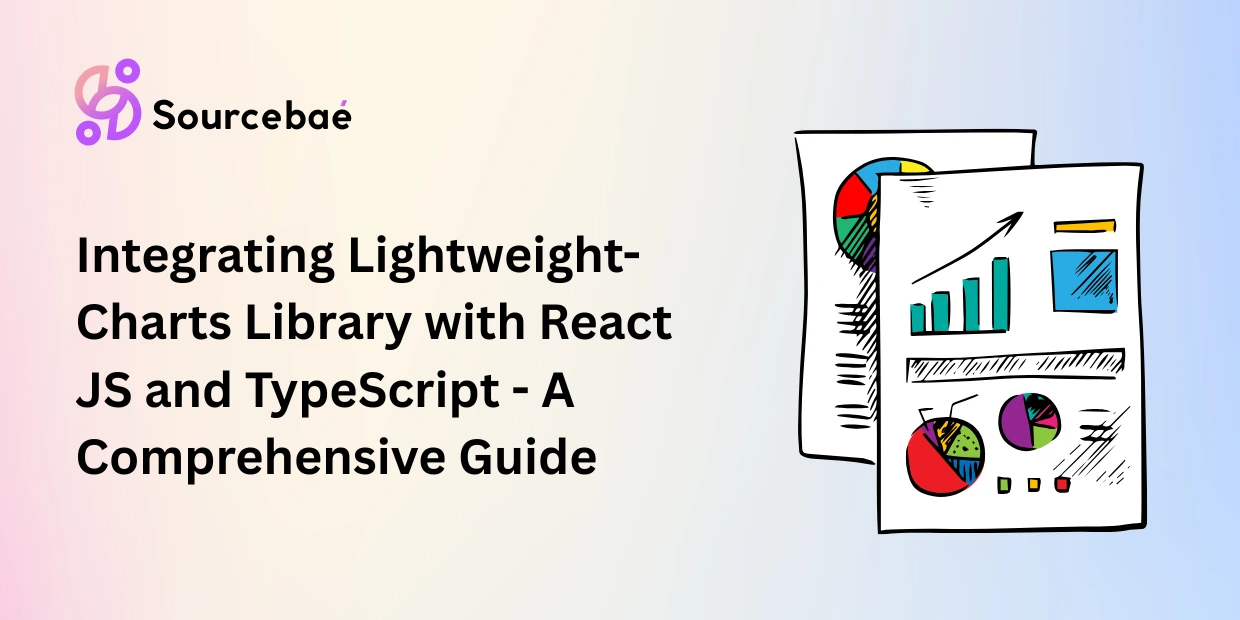React has emerged as one of the most popular JavaScript libraries for building user interfaces. As the demand for React development continues to grow, so does the need for qualified React developers.
If you’re interested in pursuing a career in React development, it’s essential to understand the qualifications and skills required to excel in this field.
In this article, we will explore the qualifications and expertise necessary to become a successful React developer.
Qualification for React developer
I. Strong foundation in JavaScript:
To embark on a React development career, a solid foundation in JavaScript is paramount. React is built on JavaScript, and a deep understanding of core JavaScript concepts such as variables, functions, loops, and objects is essential. Familiarity with newer features introduced in ECMAScript standards, such as ES6 and beyond, is also beneficial. A React developer should be comfortable working with JavaScript syntax, manipulating the Document Object Model (DOM), and handling events.
II. Understanding of HTML and CSS:
While React focuses primarily on the view layer, it is crucial for React developers to have a solid understanding of HTML and CSS. React components are typically rendered as HTML elements, and CSS is used for styling and layout purposes. Proficiency in writing semantic HTML markup and applying CSS styles will enhance a React developer’s ability to create visually appealing and accessible user interfaces.
III. React-specific concepts:
To excel as a React developer, one must have a comprehensive understanding of React-specific concepts. These include:
a) React components: React is centered around building reusable components. Developers should be well-versed in creating functional and class components, understanding component lifecycles, and using hooks for state management.
b) JSX: JSX is a syntax extension for JavaScript used in React to define components’ structure. A React developer should be comfortable working with JSX syntax and understanding how it gets transpiled to JavaScript.
c) Virtual DOM: React utilizes a virtual DOM to efficiently update and render components. Understanding how the virtual DOM works and its benefits is crucial for optimizing performance.
d) React Router: React Router is a popular library for handling client-side routing in React applications. Familiarity with React Router and its concepts enables developers to create navigable and dynamic applications.
IV. State management:
State management is a critical aspect of React development. React provides built-in state management capabilities through hooks like useState and useReducer. React developers should be proficient in managing component state, understanding when to use local state versus global state management libraries like Redux or MobX. Knowledge of state management patterns and best practices will help ensure scalable and maintainable codebases.
V. Experience with tooling and build processes:
React development often involves various tools and build processes that enhance productivity and streamline development workflows. Some essential tools for React developers include:
a) Package managers: Familiarity with package managers like npm or Yarn is essential for managing project dependencies and facilitating code sharing.
b) Bundlers: Understanding how bundlers like Webpack or Parcel work is crucial for efficiently bundling and optimizing React applications.
c) Transpilers: React developers should be comfortable with transpilers like Babel, which enable the use of cutting-edge JavaScript features in environments that don’t support them natively.
d) Code editors and IDEs: Proficiency in popular code editors or integrated development environments (IDEs) such as Visual Studio Code can enhance productivity through features like code autocompletion, linting, and debugging.
VI. Testing and debugging skills:
Writing tests and debugging code are fundamental skills for any developer. React developers should be adept at writing unit tests using frameworks like Jest and have experience with debugging tools to identify and fix issues efficiently. Understanding testing methodologies, such as test-driven development (TDD), will help ensure robust and reliable React applications.
VII. Version control:
Proficiency in version control systems like Git is essential for collaborative development. React developers should be comfortable with concepts such as branching, merging, and resolving conflicts. Knowledge of popular hosting platforms like GitHub or Bitbucket facilitates seamless collaboration and code sharing with other developers.
Conclusion:
Becoming a qualified React developer requires a strong foundation in JavaScript, proficiency in HTML and CSS, and an in-depth understanding of React’s core concepts and features. Additionally, expertise in state management, tooling, testing, debugging, and version control is crucial for developing scalable and maintainable React applications. By acquiring these qualifications and continuously expanding their knowledge, aspiring React developers can position themselves for success in the dynamic field of front-end development.






